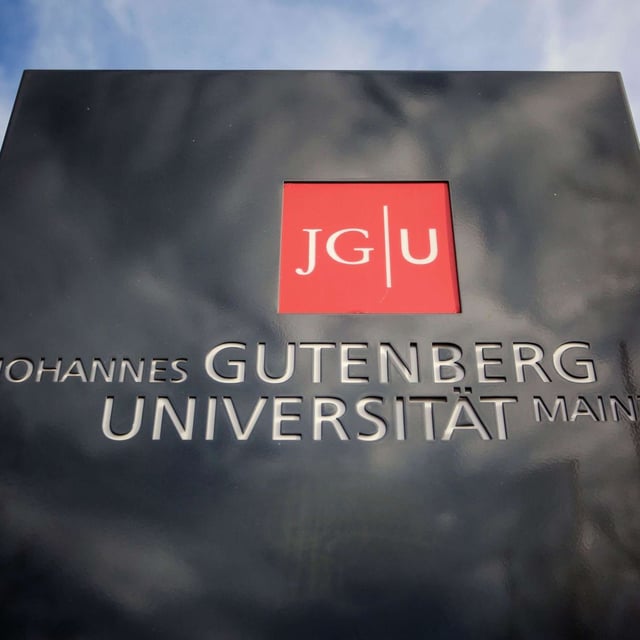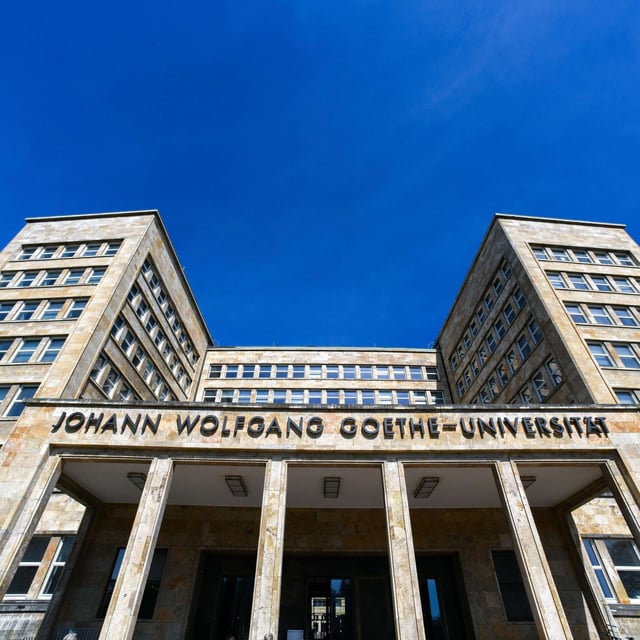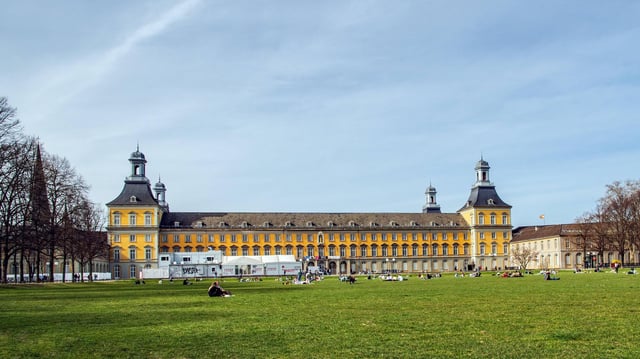Overview
- The Deutsche Forschungsgemeinschaft and Exzellenzkommission have allocated €539 million annually for seven years starting in 2026 to 70 research clusters.
- Bavaria doubled its clusters to 12, while the University of Bonn retained its lead with eight clusters, solidifying their positions in cutting-edge research.
- Hesse rebounded significantly, securing six clusters across four universities, a substantial increase from just one in the previous round.
- Berlin's research output saw a decline, with five clusters approved compared to seven in the last funding cycle, impacting its standing in the competition.
- Universities with at least two clusters are now eligible to compete for the prestigious Exzellenzuniversität status, with decisions set for 2026.



